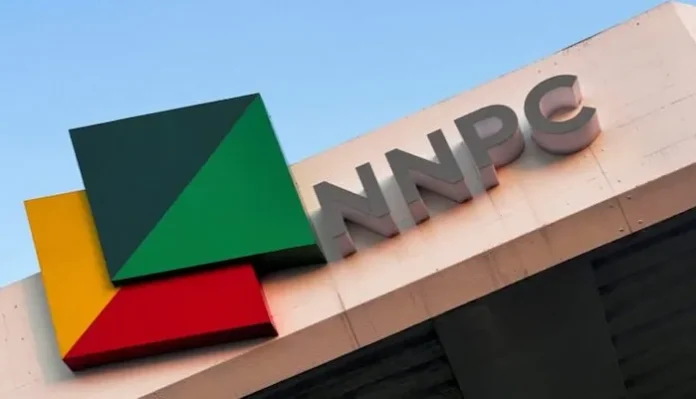The Nigerian National Petroleum Company Limited (NNPCL) has refuted allegations made by the Muslim Rights Concern (MURIC) that it is the exclusive buyer of petrol products from Dangote Refinery. MURIC had claimed that NNPCL’s actions were preventing Dangote Refinery from offering lower pump prices for Premium Motor Spirit (PMS).
In response, NNPCL clarified that the pricing of petroleum products, including those from Dangote Refinery, is influenced by global market dynamics. The company emphasized that recent changes in PMS prices are not a result of NNPCL’s control over the refinery’s operations.
Furthermore, NNPCL stated that there is no guarantee that domestic refining will necessarily lead to lower pump prices compared to international market rates. The company clarified that it will only purchase products from Dangote Refinery if the market prices are higher than the current prices in Nigeria.
It stated, “The attention of the NNPC Ltd has been drawn to a press release by the Muslim Rights Concern, MURIC, which claims that the Dangote Refinery Limited (DRL) is being undermined by actions of the Nigerian National Petroleum Company Limited (NNPC Ltd).”
“The pricing of petroleum products from any refinery, including the Dangote Refinery Ltd. (DRL), is determined by global market forces. The recent changes in PMS prices have no impact on the DRL or any other domestic refinery’s access to the Nigerian market.”
“Furthermore, we emphasize that there is no guarantee of lower prices associated with domestic refining compared to any global parity pricing framework, as confirmed by the DRL. The NNPC Ltd. will only fully offtake PMS from the DRL if the market prices of PMS are higher than the pump prices in Nigeria.”
“The DRL and any other domestic refinery are free to sell directly to any marketer on a willing buyer, willing seller basis, which is the current practice for all fully deregulated products.”
Also, NNPC noted that it holds a significant financial stake of up to $1 billion in Dangote Refinery, suggesting undermining the business is baseless and counterproductive.
This article was written by Tamaraebiju Jide, a student at Elizade University













